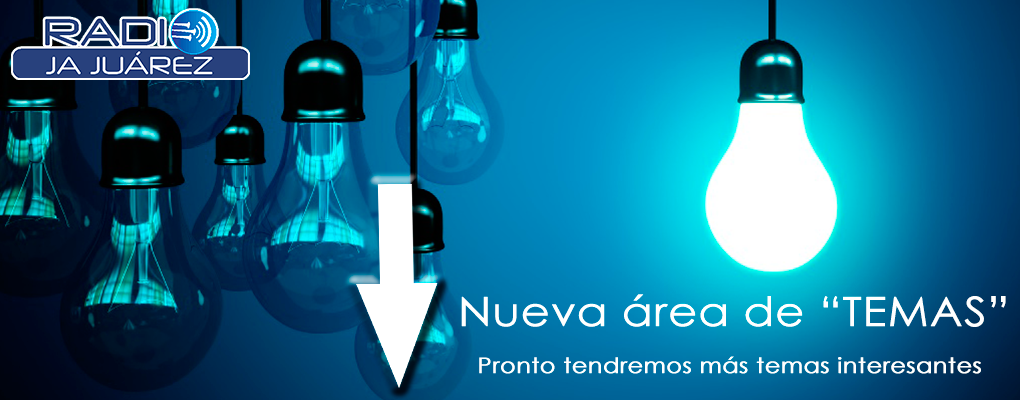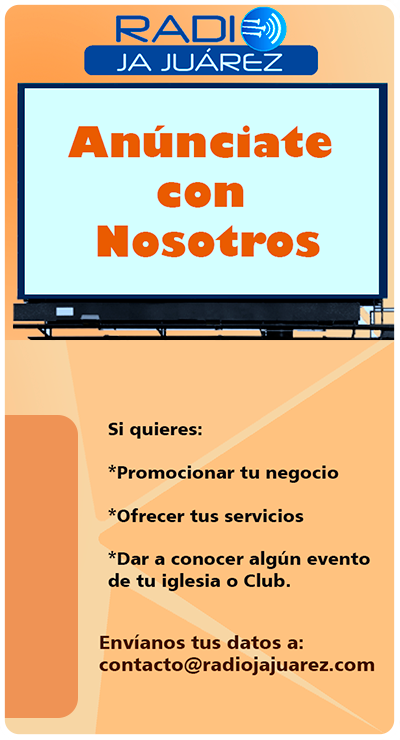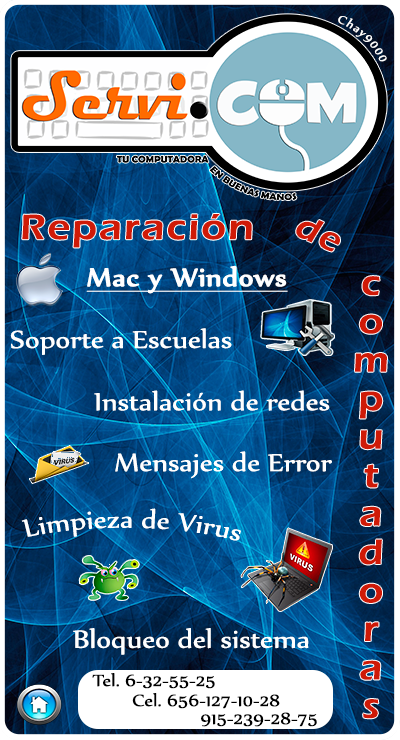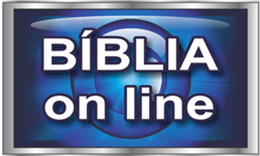Content
However, it has fallen out of favor with some doctors because of how severely it punishes someone if they slip-up and have a drink, which is very common during recovery. Similar to acamprosate, naltrexone eliminates the pleasure people with AUD experience from alcohol, thus reducing the urge to drink. It’s available as a daily pill, a monthly injection, and through a medication implant. Acamprosate can help some people with AUD stop drinking by reducing cravings and decreasing the psychological reward from alcohol. The FDA has approved the following medications to help with alcohol use disorder.
But overcoming an alcohol use disorder is an ongoing process, and you may relapse (start drinking again). You should look at relapse as a temporary setback, and keep trying. Many people repeatedly try to cut back or quit drinking, have a setback, then try to quit again. If you do relapse, it is important to return to treatment right away, so you can learn more about your relapse triggers and improve your coping skills. Disulfiram, popularly known as Antabuse, isn’t prescribed until after the alcohol has been purged from the body. The effects of Disulfiram persist up to 14 days after the last dose, covering the time where a dose may have been missed or a user stops taking it to try and feel the positive effects of alcohol.
Counseling and Behavioral Therapies
Considered the “gold standard,” benzodiazepines have been found to be most successful in severe cases of withdrawal. This is because the medication affects the same part of the brain as alcohol, allowing the body to continue its purge, while still feeling some of the effects it has grown to need. Benzodiazepines are anti-anxiety medications commonly used as sedatives. sober house They can be prescribed and used during alcohol detox to relieve symptoms of withdrawal. Tell your healthcare provider about all the medicines you take, including prescription and non-prescription medicines, vitamins, and herbal supplements. Especially tell your healthcare provider if you take any opioid-containing medicines for pain, cough or colds, or diarrhea.
Making the decision to quit drinking can help alleviate these symptoms by improving mood and lessening the physical side effects. One is cognitive behavior therapy (CBT), which focuses on the relationships among thoughts, feelings, and behaviors to help manage urges and triggers. This therapy can also address co-occurring mental health conditions such as anxiety or depression.
Do phentermine and alcohol mix?
Those who try to recover on their own are more likely to relapse from the pain of withdrawal and less likely to try again. That’s why some clinics prescribe alcohol treatment medications to help manage symptoms of withdrawal, cravings, and potential relapse. Medication is not a cure for alcoholism, but several have been proven to help in recovery when used as part of an overall plan involving counseling, group therapy, and social support. Up to half of people with AUD will experience some withdrawal symptoms when easing off alcohol, experts say.















